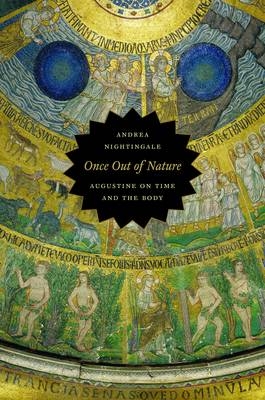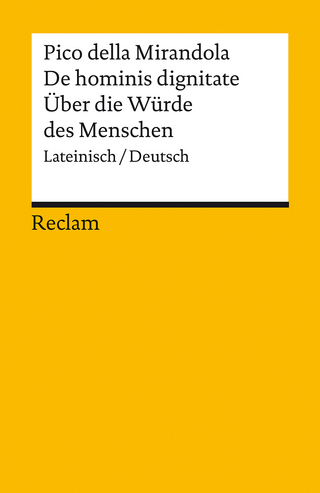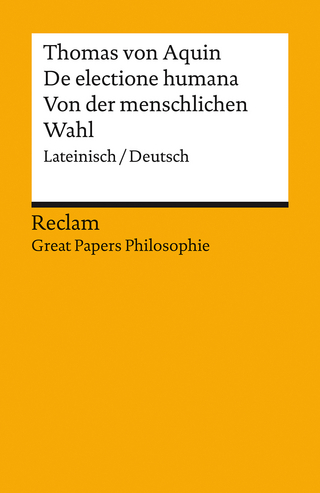
Once Out of Nature
Augustine on Time and the Body
Seiten
2011
University of Chicago Press (Verlag)
978-0-226-58575-8 (ISBN)
University of Chicago Press (Verlag)
978-0-226-58575-8 (ISBN)
- Titel ist leider vergriffen;
keine Neuauflage - Artikel merken
Augustine was the first theologian to write an autobiographical book dealing with the themes of sin and salvation, time and eternity. This title reconsiders his conception of embodiment, contributing to conversations involving scholars working in late antiquity, literary critics, philosophers, and ecological thinkers.
Augustine was the first theologian to write an autobiographical book dealing with the themes of sin and salvation, time and eternity. "Once Out of Nature" broadly reconsiders his conception of embodiment, a crucial but poorly understood theme of his work. Andrea Nightingale uses embodiment to illuminate a set of problems much larger than the body itself - this notion, she demonstrates, is the key to understanding Augustine's accounts of time and the human place in the earthly world. Augustine offered the first exploration of the subjective experience of time in Western thinking, claiming that the human psyche always stretches away from the present moment - where the physical body persists - into memories of the past and expectations of the future. For Augustine, the embodied psyche dwells in two distinct time zones. Though Augustine's understanding of time and embodiment may sound outmoded, Nightingale connects his views to contemporary debates about trans-humans and suggests that Augustine's thought reflects our own ambivalent relationship with our bodies and the earth.
A compelling invitation to ponder the boundaries of the human, "Once Out of Nature" contributes to conversations involving scholars working in late antiquity, literary critics, philosophers, and ecological thinkers.
Augustine was the first theologian to write an autobiographical book dealing with the themes of sin and salvation, time and eternity. "Once Out of Nature" broadly reconsiders his conception of embodiment, a crucial but poorly understood theme of his work. Andrea Nightingale uses embodiment to illuminate a set of problems much larger than the body itself - this notion, she demonstrates, is the key to understanding Augustine's accounts of time and the human place in the earthly world. Augustine offered the first exploration of the subjective experience of time in Western thinking, claiming that the human psyche always stretches away from the present moment - where the physical body persists - into memories of the past and expectations of the future. For Augustine, the embodied psyche dwells in two distinct time zones. Though Augustine's understanding of time and embodiment may sound outmoded, Nightingale connects his views to contemporary debates about trans-humans and suggests that Augustine's thought reflects our own ambivalent relationship with our bodies and the earth.
A compelling invitation to ponder the boundaries of the human, "Once Out of Nature" contributes to conversations involving scholars working in late antiquity, literary critics, philosophers, and ecological thinkers.
Andrea Nightingale is professor of classics and comparative literature at Stanford University and the recipient of a Guggenheim Fellowship. She is the author of Spectacles of Truth in Classical Greek Philosophy: "Theoria" in its Cultural Context, among other books.
| Erscheint lt. Verlag | 5.7.2011 |
|---|---|
| Sprache | englisch |
| Maße | 16 x 23 mm |
| Gewicht | 482 g |
| Themenwelt | Geisteswissenschaften ► Philosophie ► Philosophie des Mittelalters |
| Geisteswissenschaften ► Religion / Theologie ► Christentum | |
| ISBN-10 | 0-226-58575-1 / 0226585751 |
| ISBN-13 | 978-0-226-58575-8 / 9780226585758 |
| Zustand | Neuware |
| Informationen gemäß Produktsicherheitsverordnung (GPSR) | |
| Haben Sie eine Frage zum Produkt? |
Mehr entdecken
aus dem Bereich
aus dem Bereich
von der menschlichen Wahl
Buch | Softcover (2024)
Phillip Reclam (Verlag)
7,40 €


